Recording & Broadcast of Emergency Broadcast Services' Transmissions
Q: My News Director wants to use excerpts from the police and fire scanners we have in the newsroom to add authenticity and excitement to newscasts. Can we do that?
A: The interception, recording and rebroadcast of emergency services traffic received over a scanner is a violation of the Communications Act, unless the emergency services authorities have given permission for such rebroadcast.
Until recently, station news departments have been satisfied with simply listening to police and fire scanners so they can quickly be at the scene of breaking news. However, the ever-escalating competitive nature of the news business has created a desire at some stations to make additional use of those resources.
Routine interception and divulgence of police communications would violate Section 705 of the Communications Act: "No person not being authorized by the sender shall intercept any radio communication and divulge or publish the existence, contents, substance, purport, effect or meaning of such intercepted communications to any person."
Generally, officials responsible for public safety who desire to cooperate with news media, will authorize the monitoring of public safety radio transmissions for the more efficient gathering of news, and will indicate the conditions under which such transmissions may be used.
Therefore, licensees should contact officials of the public safety agencies whose radio transmissions are monitored to obtain the necessary authorizations and to ascertain the conditions under which use and divulgence are appropriate.
WSAB thanks Richard Zaragoza and David Oxenford at the law firm of Shaw Pittman in Washington, D. C. for supplying the foregoing information.
BEWARE OF THE FCC'S ANTI-HOAX RULE
Q: April Fool's Day is coming up. What can we do without violating the FCC's anti-hoax rule?
A: Stations should resist the temptation to broadcast a hoax that could result in substantial public harm. The FCC has said that it will impose fines of up to $25,000 where fabricated stories concern crimes or catastrophes that could unduly alarm the public.
The FCC's "anti-hoax" rule is violated if the station licensee knows that the information being broadcast is false; it is foreseeable that the broadcast of the information will cause substantial public harm; and the broadcast does, in fact, cause substantial public harm. The FCC says that "public harm" includes the diverting of police, fire or other public safety resources, such as flooding the "911" switchboard, not necessarily just property damage or personal injury.
There's nothing wrong with having a little fun, but avoid the pranks which have gotten stations into trouble in the past, such as stories that a local garbage dump was about to explode; that a station employee had been taken hostage and/or killed; that a volcano was erupting near town (that was in Connecticut; around the Northwest it would be an even more serious problem because of the actual possibility that one of our volcanoes could erupt); that the country was being attacked with nuclear weapons (including the use of tones similar to the old EBS emergency alert signal).
